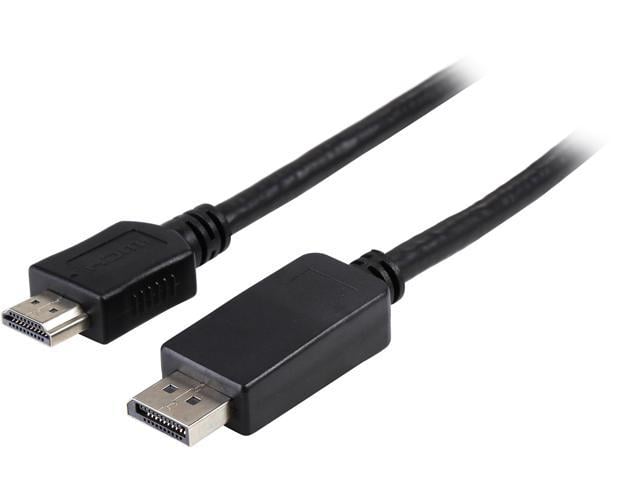Whether your organisation is implementing a focused Green IT strategy or a comprehensive programme to reduce carbon emissions, introducing Green initiatives is likely to be directly beneficial to your bottom line. This handy pocket guide explains the Green office to company directors and IT managers in terms they will find relevant to their organisation. Growing concern about climate change has thrown the spotlight on energy conservation in the workplace. For many of us in today’s knowledge economy, the workplace is now the office rather than the factory floor. For the world to be able to limit emissions of carbon dioxide, business needs to ensure that offices make efficient use of energy. The day-to-day running of the modern office depends on IT, and computers are heavy consumers of energy. Moreover, your office produces greenhouse gases, not only as a result of your IT equipment but also through the energy required for heating, lighting and air-conditioning. So, if you want to do something to save the planet, greening your office is a good place to start The Green Office is written specifically to help cost-conscious, environmentally-minded organisations. It identifies practical and straightforward ways of reducing both the corporate cost base and their carbon footprint. Benefits of a green office: -Cut your heating bill In a surprising number of offices, the boiler’s default setting still keeps the office heated over the weekend, when no one is actually working there. You can reduce your office’s carbon footprint by ensuring that the office is not heated when it is empty, and by controlling the temperature through the use of thermostats. In this way, you can cut costs without impeding the performance of your staff. -Cut your electricity bill A modern office contains a great deal of electronic equipment. Day after day, many desktop PCs and monitors will be left on for hours at a time, although no one is using them. On average, IT and electronic equipment are responsible for between 9% and 15% of an organisation’s total power consumption. Using the power saving mode on desktops and laptops and turning off the machines at the end of the working day are easy ways to reduce the amount you spend on electricity. -Store your data more efficiently IT consumes a large amount of electricity as a result of data centres. Data centres store the information contained in Emails and Email attachments. Attachments like PDFs and PowerPoint(R) presentations often take up several MBs of memory. As these files become duplicated, there is a rapid rise in the demands made on server storage, which results in heavier use of electricity. By reducing the burden on the server, this reduces the amount of electricity the server will need. Efficient management of data storage can allow your organisation to make valuable long-term savings on your overall data protection costs. -Consider thin-client solutions By centralising applications on central or Cloud computers, you can reduce power requirements across the corporate PC network. A thin-client solution provides central control over application installation, preventing the installation of unauthorised applications and thereby enhancing data security.















